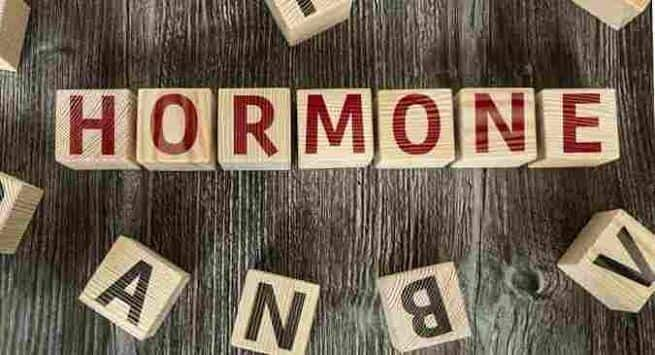 Did You Suffer A PMS Or PMDD? – Though comparatively rare than PMS, Premenstrual dysphoric disorder (PMDD) has been considered a severe form of PMS and might require extra care in terms of the management of symptoms.
Did You Suffer A PMS Or PMDD? – Though comparatively rare than PMS, Premenstrual dysphoric disorder (PMDD) has been considered a severe form of PMS and might require extra care in terms of the management of symptoms.
Many women feel a little off before the onset of their periods. With the changing lifestyle and nature of menstrual cycles, many women experience mild sadness, mood changes, irritability, sudden acne outbursts and other symptoms a week or some days before the onset of their cycles. PMS or Pre-Menstrual Syndrome has now emerged as a well-recognized condition that might cause both physical and psychological discomfort before and during the menstrual phase. It might be interesting to know that these symptoms can range from being a little discomforting to causing extreme mood changes that can affect a woman’s physical and emotional well-being to a great extent. A similar condition to PMS can often be confused with the former but can result in the extreme manifestation of symptoms that are potent enough of interfering with one’s day-to-day activities. Though comparatively rare than PMS, Premenstrual dysphoric disorder (PMDD) has been considered a severe form of PMS and might require extra care in terms of the management of symptoms.
While what causes PMS or PMDD is still a subject of exploration, some studies have said that these phenomena might be an abnormal reaction to the hormonal fluctuations a woman might experience during the menstrual cycle. While the two conditions might look very similar but they might differ greatly in their severity. PMDD unlike PMS cannot be managed well without medical intervention. It might require attention and treatment. Hence, it is crucial to understand the difference between the two. Did You Suffer A PMS Or PMDD?
PMDD: A dramatic form of PMS
PMDD is still a poorly understood condition. Though much rarer (affecting up to 8 per cent of women)than its popular counterpart, it can cause serious affective issues like sudden violent outbursts and can disrupt the lifestyle of women affected by it. The condition is often characterized by extreme mood shifts a week or days before the onset of the menstrual phase and might gradually subside once the period begins. The duration and severity of symptoms are two such factors that might help to differentiate between PMS and PMDD. As reported by an international media outlet, PMDD is a genetic cellular malfunction in response to hormone changes and it must be treated as a serious condition as by nature it is. While the symptoms for women affected by PMS can be more like physical discomfort and fluctuating emotions, PMDD can cause severe symptoms that might resemble a person affected by thyroid disorders or serious psychological disorders like anxiety or Bipolar disorder.
Symptoms associated with PMDD
A woman is more likely to get a PMDD episode if you have a family history of PMS or PMDD. You can also get one if you have a person or family history of mood disorders or have suffered from postpartum depression. There could be many other factors as well. The following are some symptoms of PMDD that might look like an extended version of PMS-
- Psychological symptoms like irritation, insomnia, depression, paranoia, forgetfulness, violent outbursts, crying spells and others
- Fluid retention might lead to swelling of hands, feet and ankles. You might also put on a little weight.
- There might be some visual changes or changes in spatial awareness
- You might experience nausea, severe bloating, pelvic discomfort, abdominal cramps and backache
- There might be a sudden outburst of acne or skin inflammation with itching
- One might also experience palpations, poor coordination, appetite changes and hot flashes.
Hormone game at peak
Studies have shown that a woman’s sensitivity to hormonal changes during the menstrual cycle can decide whether she will experience PMS or PMDD. Studies have also shown that these hormone fluctuations can result in serotonin deficiency, a neurotransmitter that affects both mood and physical symptoms associated with PMS or PMDD. The sudden drop in estrogen post-ovulation is also associated with a drop in serotonin levels. Low serotonin is further associated with depressed mood, food cravings and impaired cognitive functioning.
Home | Did You Suffer A PMS Or PMDD?










